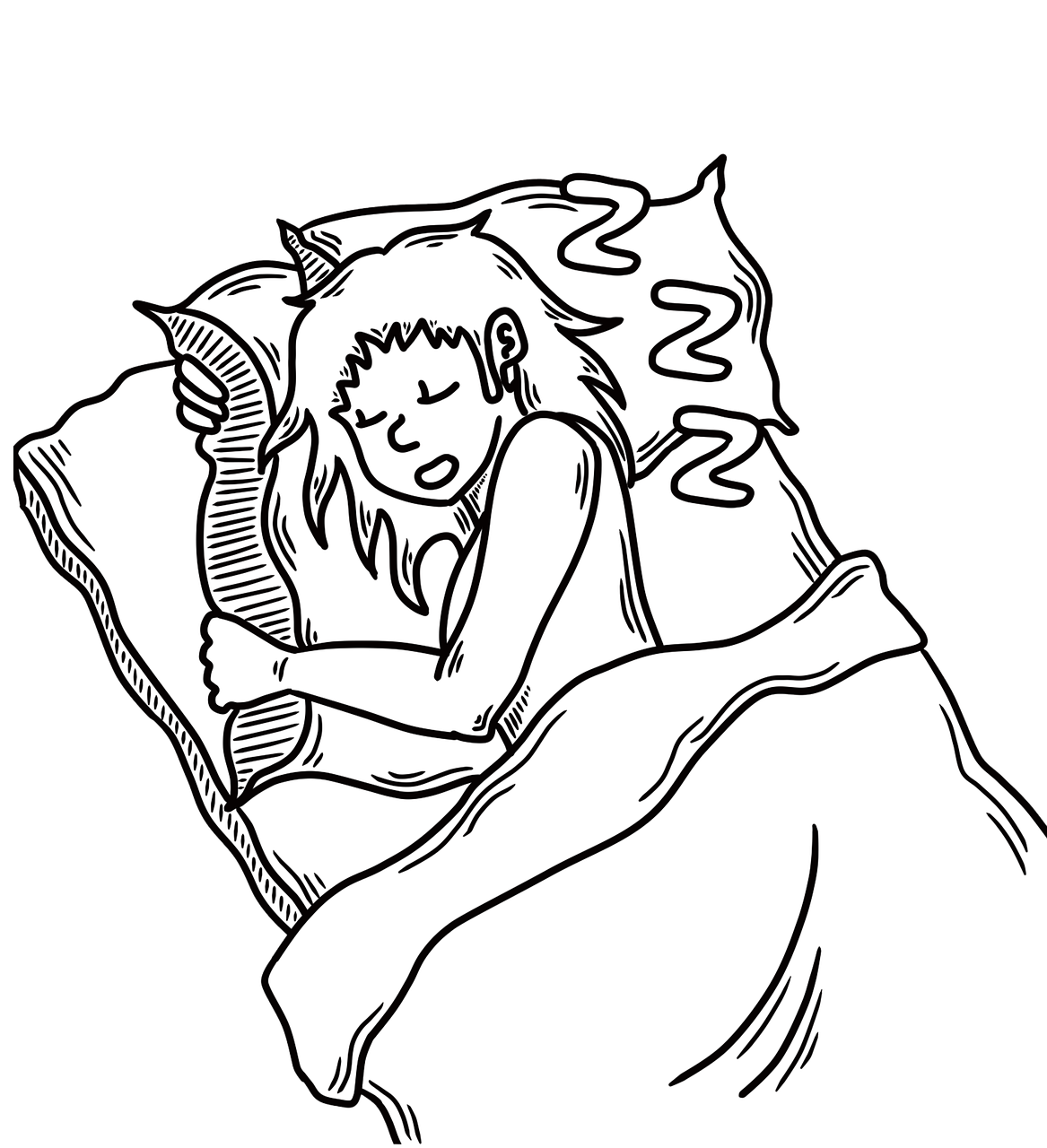Understanding nap consistency: why it matters for sleep quality
|
IN BRIEF
|
Understanding nap consistency is essential for enhancing sleep quality and maximizing daily productivity. While many focus solely on the duration of nighttime sleep, the impact of daytime rest cannot be underestimated. Research indicates that maintaining a regular napping schedule can significantly influence our overall restfulness and cognitive function. By recognizing the importance of timing and duration in our napping habits, individuals can develop routines that not only improve their alertness but also support better long-term health outcomes.

The Importance of Napping for Sleep Quality
Napping serves as a critical tool for enhancing sleep quality and boosting overall productivity during the day. Understanding the effects of napping on our sleep cycles is essential for those seeking to optimize their rest. Short power naps, typically lasting between 10 to 30 minutes, can result in a feeling of rejuvenation and increased alertness with minimal negative impact on nighttime sleep. By incorporating consistent napping habits into one’s daily routine, individuals can effectively bridge any gaps in their sleep and prevent excessive sleepiness. For instance, a brief nap taken in the early afternoon can refresh the mind and improve focus, especially for those who may have experienced a restless night. Moreover, grasping the interplay between different nap durations and overall sleep quality can lead to more informed decisions on when and how long to nap, ultimately enabling better health outcomes.

Napping and Sleep Quality: The Science Behind Daytime Rest
Understanding the effects of naps on our sleep cycles is essential for optimizing both rest and productivity. Research indicates that the body’s response to varying nap durations plays a crucial role in determining their effectiveness. For instance, short power naps, lasting about 20 minutes, can enhance alertness and cognitive function, leaving individuals feeling rejuvenated with minimal disruption to nighttime sleep. However, longer naps, especially those exceeding 30 minutes, may lead to sleep inertia, a state of grogginess that can hinder productivity. A study leveraging data from the UK Biobank revealed that individuals with the most consistent sleep patterns—defined by a high Sleep Regularity Index—exhibited a significantly lower risk of all-cause mortality; specifically, they were more than 30% less likely to die over a follow-up period. This finding emphasizes that sleep consistency might be just as vital, if not more so, than the total duration of sleep each night. Consequently, establishing a regular sleep schedule is paramount. Studies show that maintaining a steady sleep-wake time enhances circadian rhythm, which can lead to improved health outcomes, reinforcing the importance of consistent sleep schedules in overall well-being.
In addition to duration and consistency, quality of sleep must also be considered. Various research reports have highlighted that sleep architecture, including the distribution of sleep stages, can significantly affect how rested one feels upon waking. Recommendations from the National Sleep Foundation point out that while aiming for 7+ hours of sleep is common advice, truly quality sleep also requires focus on aspects like sleep timing and regularity. Therefore, individuals should strive to not only increase their sleep duration but also prioritize a consistent bedtime to further enhance their sleep quality. Establishing a routine around earliest wake-up times throughout the week can facilitate this consistency, thus maximizing both daytime functioning and long-term health.
The Importance of Napping for Sleep Quality
Understanding Daytime Rest and Its Benefits
Exploring the role of naps in our overall sleep quality reveals important insights into how daytime rest can enhance productivity and well-being. Napping helps to mitigate the effects of sleep deprivation and can recharge our cognitive functions. For example, short power naps, lasting 20-30 minutes, are known to improve alertness and performance without leading to sleep inertia— the grogginess that sometimes follows longer naps. Understanding how to effectively incorporate napping into your day can be transformative, especially for those with demanding schedules.
Research indicates that the ideal timing for a nap is usually in the early afternoon, taking advantage of the natural dip in our circadian rhythm. This timing can maximize the benefits of a nap while keeping nighttime sleep intact. Therefore, finding a consistent time each day for a nap may not only provide immediate energy but can also contribute to better overall sleep architecture at night.
- Consider the duration of your nap: Aim for power naps of 20-30 minutes to refresh without interrupting nighttime sleep.
- Establish a consistent napping routine to signal to your body that it’s time for rest, much like your nightly sleep pattern.
- Be mindful of your sleep cycle: Familiarizing yourself with the stages of sleep can help you determine the best time to nap for maximum effectiveness.
- Use environmental cues: Ensure your napping space is quiet, dark, and cool to promote relaxation and enhance nap quality.
These practical tips can help anyone looking to harness the benefits of napping to improve their daily performance and overall health. Emphasizing sleep consistency and incorporating naps into your routine can lead to a healthier, more balanced lifestyle.
For more information about the relationship between sleep consistency and health, visit this insightful article. To learn about the timing and quality of your sleep cycle, check this resource.

Napping and Sleep Consistency: Key Insights for Better Sleep Quality
Understanding the relationship between napping and overall sleep quality is crucial for anyone looking to enhance their daily productivity and well-being. Research indicates that short, intentional power naps can rejuvenate us without significantly affecting nighttime sleep. However, the duration and timing of these naps must align with our natural sleep cycles.
Conversely, while the traditional advice has centered around achieving a minimum of seven hours of sleep per night, emerging studies suggest that maintaining a consistent sleep-wake schedule may hold greater importance. A systematic review from the UK Biobank highlights that adults with consistent sleep patterns exhibit a significantly lower risk of mortality, emphasizing the significance of sleep regularity over mere duration.
Moreover, understanding the stages of sleep enhances our approach to napping. Recognizing Stage 1 sleep, which is characterized by light sleep, can guide individuals in timing their naps for optimal refreshment. Regularity is further linked to improved health outcomes, positioning sleep consistency as a pivotal element in achieving restorative rest.
Implementing a strategic plan for sleep, particularly by establishing a bedtime routine that prioritizes consistency based on the earliest wake-up time of the week, can profoundly influence overall health and performance. A commitment to a regular schedule fosters better sleep quality and enhances daytime functionality, making it essential for overall well-being.

Understanding the role of nap consistency is essential for enhancing sleep quality and overall well-being. Research indicates that maintaining a regular sleep schedule significantly impacts not only our nightly rest but also daytime alertness and cognitive function. Short naps can provide a boost when strategically timed, aiding in refreshment without severely disrupting our natural sleep cycle.
Moreover, emphasis on sleep regularity shows that the timing of our sleep plays a critical role. Consistent sleep patterns are correlated with lower mortality risks and better health outcomes, suggesting that quality of rest is just as vital as duration. Adapting our routines to create a harmonious balance of nap timing and nightly sleep can lead to profound enhancements in productivity and health.
As we continue to explore the intricacies of sleep science, the importance of integrating consistent napping into our daily lives becomes evident, urging us to prioritize our rest in pursuit of better health.












Post Comment